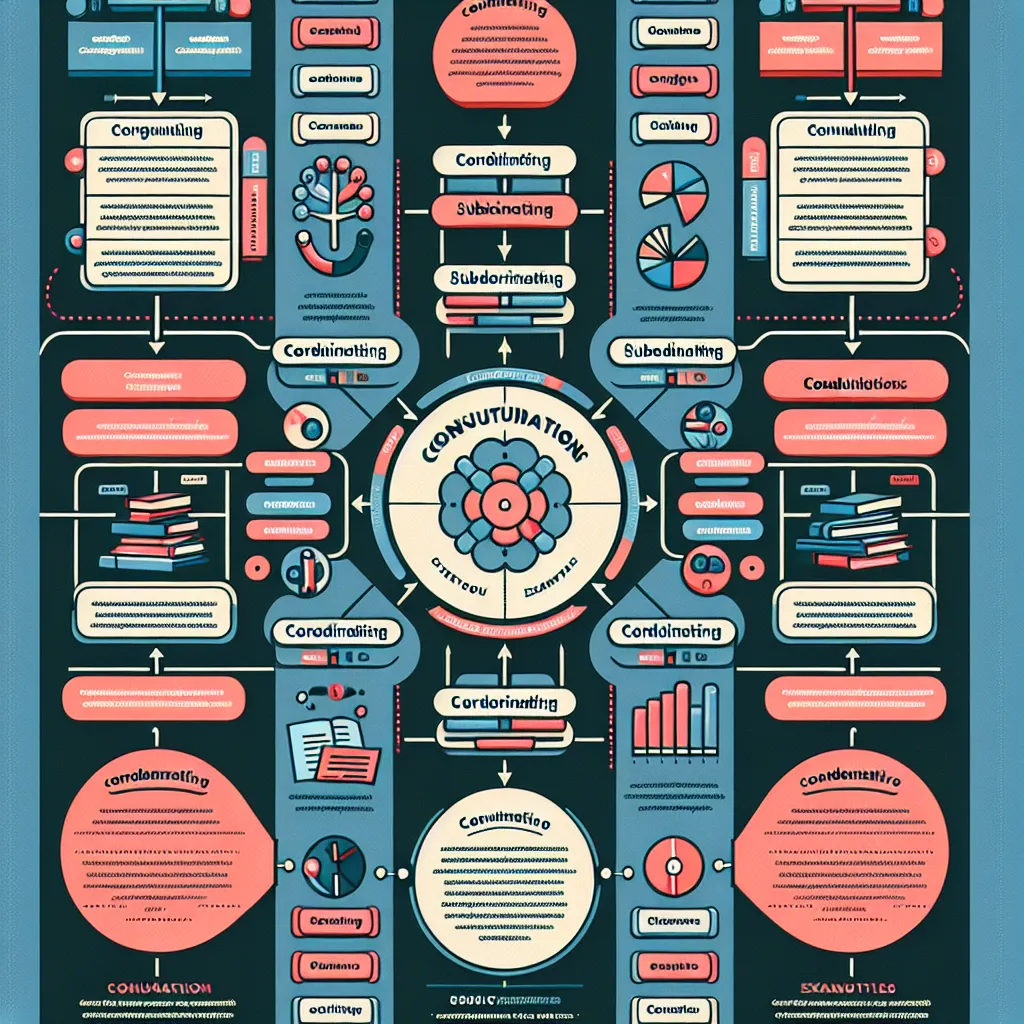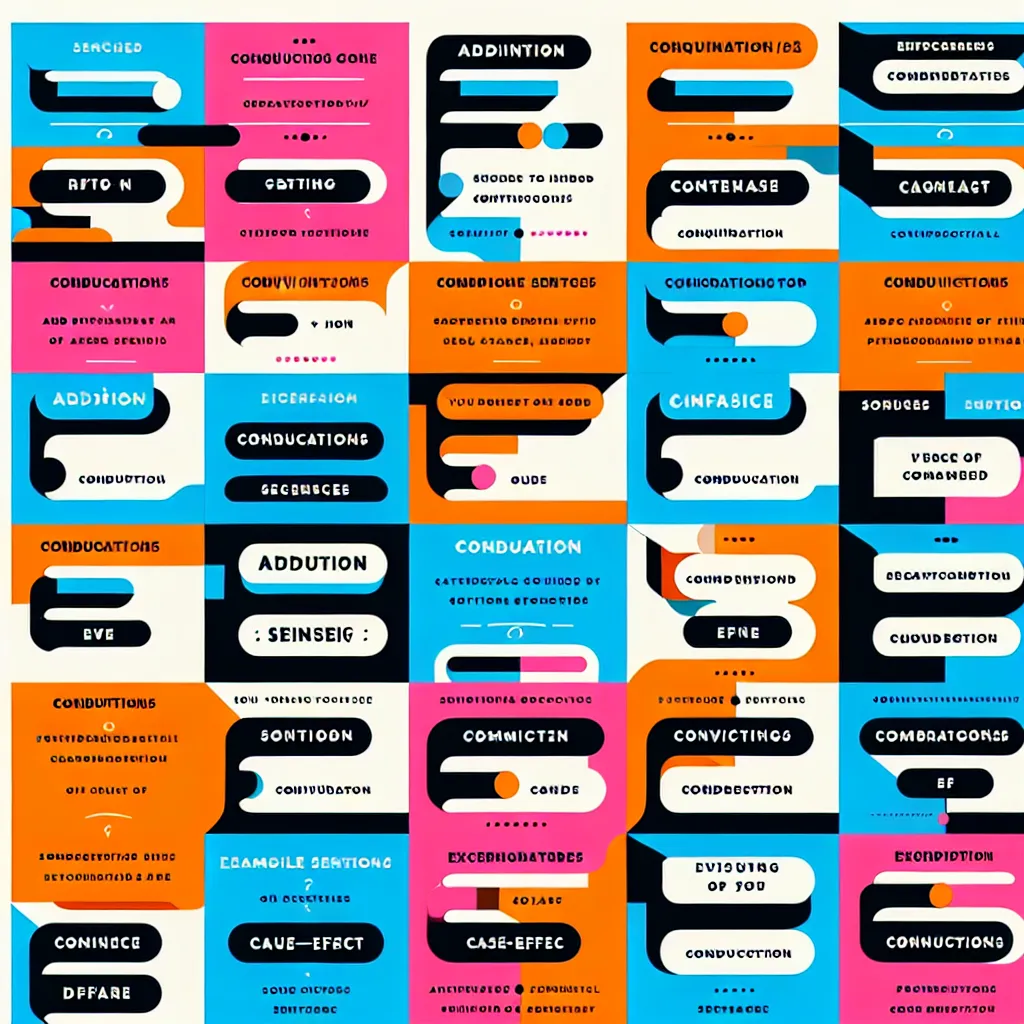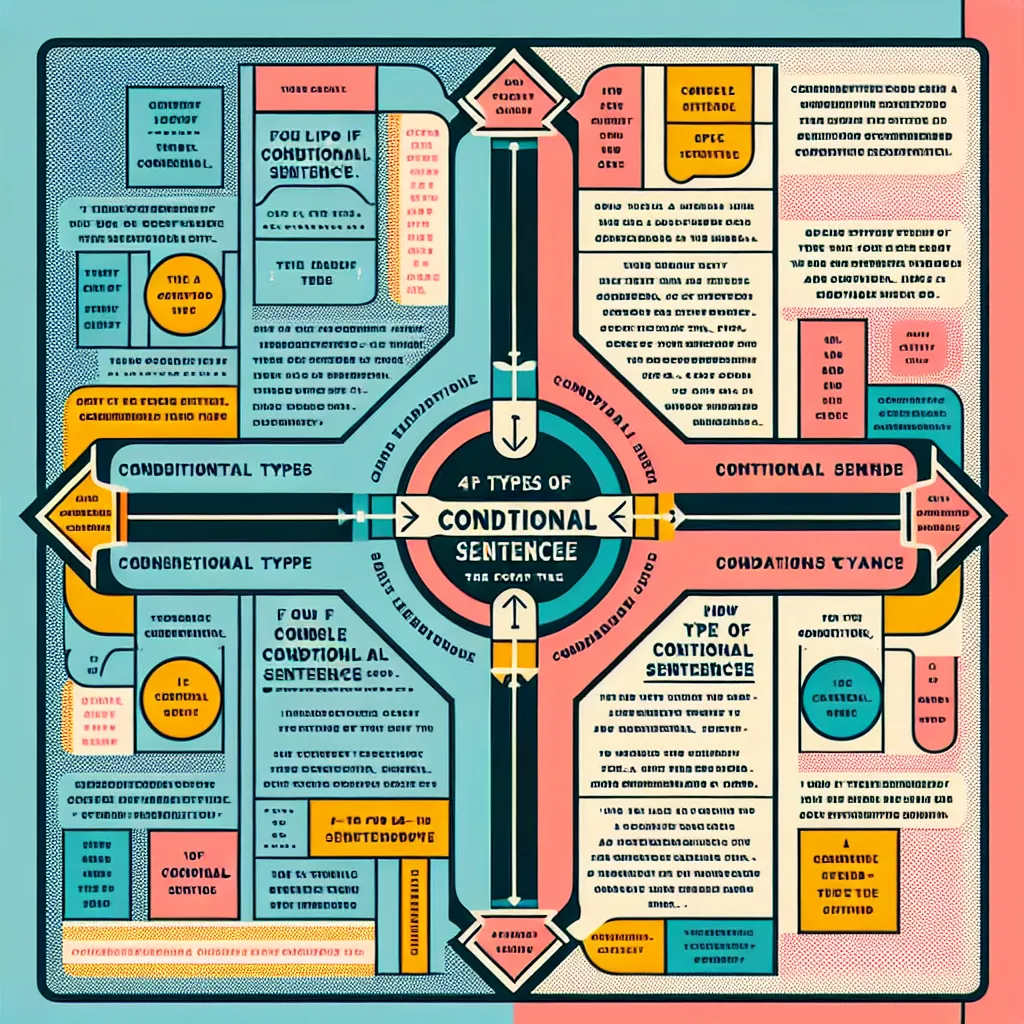Conjunctions are essential elements in English grammar that help connect words, phrases, and clauses, creating more complex and sophisticated sentences. Mastering the use of conjunctions can significantly enhance your writing and speaking skills, making your language more fluid and coherent. In this comprehensive guide, we’ll explore various strategies to improve your use of conjunctions in sentences.
Understanding the Importance of Conjunctions
Conjunctions play a crucial role in connecting ideas and creating a smooth flow in your sentences. They allow you to express relationships between different parts of a sentence, making your writing more cohesive and engaging. By improving your use of conjunctions, you can:
- Create more complex sentence structures
- Express ideas more clearly and concisely
- Improve the overall coherence of your writing
- Enhance your ability to communicate sophisticated thoughts
Types of Conjunctions
Before diving into improvement strategies, let’s review the main types of conjunctions:
- Coordinating conjunctions (FANBOYS: For, And, Nor, But, Or, Yet, So)
- Subordinating conjunctions (e.g., because, although, while, if)
- Correlative conjunctions (e.g., either…or, neither…nor, both…and)
 Types of Conjunctions
Types of Conjunctions
Strategies to Improve Your Use of Conjunctions
1. Read Extensively
One of the most effective ways to improve your use of conjunctions is to expose yourself to a variety of well-written texts. Reading extensively helps you:
- Observe how skilled writers use conjunctions in context
- Familiarize yourself with different conjunction patterns
- Expand your vocabulary and understanding of sentence structures
Tip: Pay special attention to how authors use conjunctions to connect ideas and create flow in their writing.
2. Practice with Sentence Combining Exercises
Sentence combining is an excellent technique to enhance your skills with conjunctions. Here’s how to do it:
- Take two or more simple sentences
- Use appropriate conjunctions to combine them into a more complex sentence
Example:
- Simple sentences: The weather was cold. We decided to stay indoors.
- Combined: Because the weather was cold, we decided to stay indoors.
Try creating your own sentence combining exercises or find resources online for more practice.
3. Use a Variety of Conjunctions
Avoid relying on the same conjunctions repeatedly. Expanding your repertoire of conjunctions will make your writing more interesting and sophisticated. Here’s a list of less common conjunctions to incorporate:
- Nevertheless
- However
- Moreover
- Furthermore
- Consequently
- Therefore
Challenge yourself to use at least one new conjunction in your daily writing or speaking.
4. Study Conjunction Functions
Understanding the specific functions of different conjunctions will help you use them more accurately. For example:
- ‘And’ adds information
- ‘But’ shows contrast
- ‘Because’ indicates cause and effect
- ‘Although’ expresses concession
Create flashcards with conjunctions and their functions to reinforce your understanding.
 Conjunction Functions
Conjunction Functions
5. Analyze Complex Sentences
When reading, take time to analyze complex sentences that use conjunctions effectively. Break down the sentence structure and identify:
- The main clause
- The subordinate clause(s)
- The conjunction(s) used
- How the conjunction affects the meaning of the sentence
This analysis will help you understand how to use advanced time clauses and other complex structures in your own writing.
6. Practice with Cloze Exercises
Cloze exercises, where you fill in blanks with appropriate conjunctions, can be incredibly helpful. You can find these exercises online or create your own by:
- Selecting a paragraph from a book or article
- Removing the conjunctions
- Trying to fill in the blanks with suitable conjunctions
This exercise helps you think critically about which conjunction fits best in different contexts.
7. Use Conjunctions in Speaking
Don’t limit your practice to writing alone. Incorporate conjunctions into your spoken English by:
- Consciously using a variety of conjunctions in conversations
- Practicing linking ideas in impromptu speaking exercises
- Recording yourself speaking and analyzing your use of conjunctions
This approach will help you internalize the use of conjunctions and make it more natural in both speaking and writing.
8. Learn Conjunction Pairs
Some conjunctions work in pairs to connect related ideas. Familiarize yourself with these pairs:
- Not only… but also
- Whether… or
- As… as
- The more… the more
Example: “Not only did she finish the project on time, but she also received praise for her excellent work.”
Practice using these pairs in your own sentences to add sophistication to your language.
Common Mistakes to Avoid
When improving your use of conjunctions, be aware of these common pitfalls:
- Overusing coordinating conjunctions at the beginning of sentences
- Confusing subordinating conjunctions with coordinating conjunctions
- Using the wrong conjunction for the intended meaning
- Creating run-on sentences by joining independent clauses with only a comma
To avoid these mistakes, regularly review your writing and practice identifying and correcting conjunction errors.
Next Steps
To continue improving your use of conjunctions:
- Set a goal to use a new conjunction each day in your writing or speaking
- Create a personal “conjunction journal” where you record interesting uses of conjunctions you encounter
- Practice writing compound-complex sentences to challenge your conjunction skills
- Join a language exchange group to practice using conjunctions in real conversations
- Take online quizzes or tests focused on conjunction usage to assess your progress
Remember, mastering conjunctions takes time and practice. Be patient with yourself and celebrate your progress as you become more proficient in using these essential linguistic tools.
By following these strategies and consistently practicing, you’ll notice a significant improvement in your ability to use conjunctions effectively. This skill will enhance your overall English proficiency, allowing you to express complex ideas with greater clarity and sophistication. Keep practicing, and don’t hesitate to experiment with different conjunction combinations in your writing and speaking!




